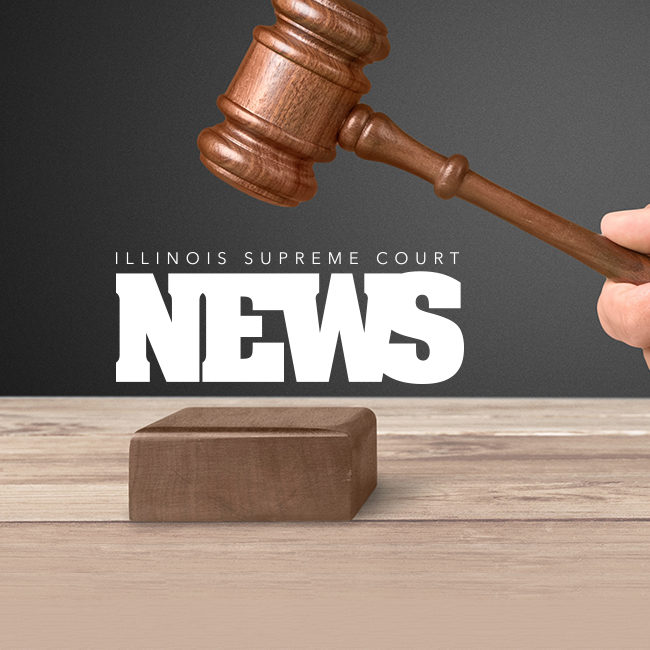Illinois Supreme Court to Hear Oral Arguments at Chicago State University in May

The Illinois Supreme Court will leave the Illinois Supreme Court Building in Springfield behind for a day and “ride the circuit” to hear oral arguments at Chicago State University in May.
The Illinois Supreme Court will hear arguments in two cases starting at 10:00 a.m. (all guests must be seated by 9:30 a.m.), on Thursday, May 11, in the Emil and Patricia Jones Convocation Center located at 9501 South King Drive in Chicago. The cases before the court will be People v. Reginald Lane and People v. Francisco Lozano.
“We are so excited to resume taking our oral arguments on the road as part of the Court’s ongoing efforts to educate the public on the work we do. At a time when trust in government is declining, it is all the more important for us to bring the Court to the people. We are thrilled to continue our tradition of Riding the Circuit at Chicago State University,” Chief Justice Mary Jane Theis said. “It is so essential for the public to get the opportunity to observe, firsthand, the work we do and how we do it. Holding court at different locations and inviting area students and residents to attend helps demystify the process. My colleagues and I look forward to welcoming them in Chicago next month.”
The upcoming arguments at Chicago State University will be the Court’s first road trip since September 2019 when arguments were heard at Lewis & Clark Community College in Godfrey.
Students and teachers from local schools have been invited to participate in the May 11 program either by attending the arguments live, or watching via the live stream.
A limited number of public tickets for the event are available. Please contact Virginia Geiger at virginia.geiger@illinoiscourthistory.org to request tickets. Those attending are asked to RSVP for a reserved seat by May 8, 2023. Those who have reserved tickets are asked to arrive early as all guests must be seated by 9:30 a.m. Backpacks and other large items or bags will not be allowed. A question-and-answer session will follow the oral arguments.
In People v. Lane, the defendant was convicted of the first-degree murder of the victim and the intentional homicide of the victim’s unborn child, after fatally shooting the victim in the head. Illinois law provides that the sentence for first-degree murder is natural life imprisonment if the defendant is “found guilty of murdering more than one victim.” (730 ILCS 5/5-8-1(c)(ii).) On appeal to the Illinois Supreme Court, the defendant is arguing that this sentencing statute does not apply to him because (1) a conviction for intentional homicide of an unborn child is not synonymous with a conviction for first-degree murder, and (2) the unborn child was not a “victim” as the term is defined under Illinois law.
In People v. Lozano, under the United States Supreme Court’s decision in Terry v. Ohio, 392 U.S. 1 (1968), a police officer may briefly detain a person for investigatory purposes if the officer reasonably suspects the person has committed or is about to commit a crime. Such a detention is commonly referred to as a Terry stop. The issue in this case is whether police officers had reasonable suspicion to conduct a Terry stop of the defendant when the officers saw defendant running with his hands either inside or holding the front pocket of his sweatshirt in the rain. The officers made a U-turn and saw defendant run up a stairway and try to enter an abandoned apartment building. The officers detained defendant. One officer believed that defendant’s pocket might contain a weapon, so he conducted a pat-down of the pocket. The officer reached into the sweatshirt pocket and recovered a car stereo and two screwdrivers. Defendant was eventually arrested and convicted of burglary and possession of burglary tools. On appeal to the Illinois Supreme Court, defendant is arguing that police cannot detain a citizen for the sole reason that he was running in the rain with his hands in his pocket.
The program is sponsored by the Illinois Supreme Court, Chicago State University, the Administrative Office of the Illinois Courts, the Supreme Court Historic Preservation Commission, the Cook County Bar Association, and the Illinois Judicial Council.

